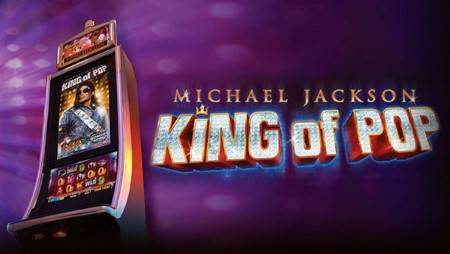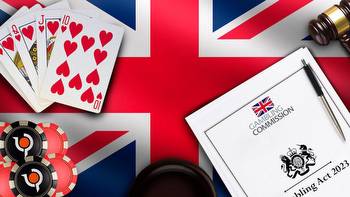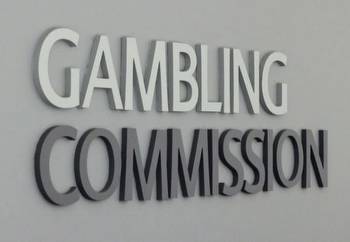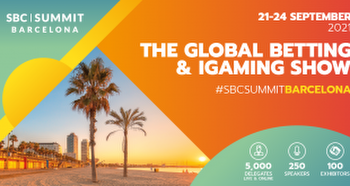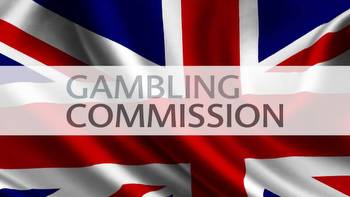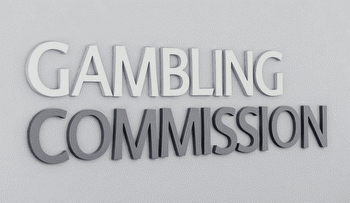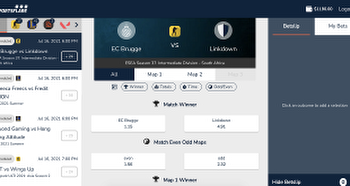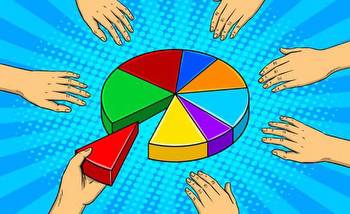GC data shows month-on-month decrease in GB gambling for May
The data, which come from its largest licensed operators covering approximately 80% of the jurisdiction’s market, show that GGY from slots came in at £211.2m for the month, 4.5% ahead of April’s figure and up 14.6% year-on-year.
Real event betting brought in £238.8m, down 10.7% from April. This was up significantly from £101.4m in May 2020, though sports betting continued to be impacted by the effects of the novel coronavirus (Covid-19) pandemic at that time.
Casino gaming excluding slots brought in £65.3m, 8.0% behind April’s figure and down 16.2% on the previous year.
Virtual betting was 5.1% behind GGY for April 2021 and down 35.8% on May 2020, at £7.2m. Poker brought in £7.3m for the month, 12.9% lower than April 2021 and down 60.1% on May 2020.
Esports betting saw its highest recorded GGY in May 2020, at £4.6m, which was down to £2.0m in May 2021, up slightly on April 2021’s figure of £1.9m.
Other gambling verticals brought in £1.7m in May, down slightly on £1.8m in the previous year, and a reduction of 17.1% compared to April.
The data also showed that there were 3.1 million active slots players in Great Britain during May, up 25.9% year-on-year. Other gaming verticals including casino had 2.2m active players, up 11.2%.
Real event bettors were up significantly, from 2.2m in May 2020 to 5.1m in May this year, while the number of bettors on virtual events decreased by 18.0% to 236,061.
The number of active poker accounts was also down significantly, from 557,317 to 282,175 – a reduction of 49.4%.
Comparing April 2021 to May 2021, all verticals saw fewer active players, with real event betting seeing the biggest reduction, from 6.7m to 5.1m active accounts.
The Gambling Commission has also issued a report from research carried out which aimed to examine the impact of the Covid-19 pandemic upon individuals’ gambling behaviours.
It said the research is not nationally representative, but “provides a useful window into the wider experiences of some gambling consumers”.
The survey’s main conclusions included that while the pandemic had caused many to reflect on life and their finances, many had not changed their gambling behaviours and only a minority decreased their gambling frequency.
Half of those surveyed said they had increased the time spent gambling, due to the ‘anytime, anywhere’ nature of online gambling, higher amounts of free time and increasing rates of boredom, and money spent on gambling being easier to justify without as many opportunities to spend on other activities.
Many reported having experimented with new games, and reported feeling disappointed at their gambling habits since the onset of the pandemic. Only a minority noted a positive impact of the pandemic upon their gambling behaviours.
The Commission set out its key recommendations for the future, stating that it will be important to consider the impact on gambling behaviour as things ‘return to normal’ in the wake of the pandemic, as well as the impact on younger audiences, who it was suggested are most at risk of spending more time and money on gambling, and are less likely to be concerned about this behaviour.







